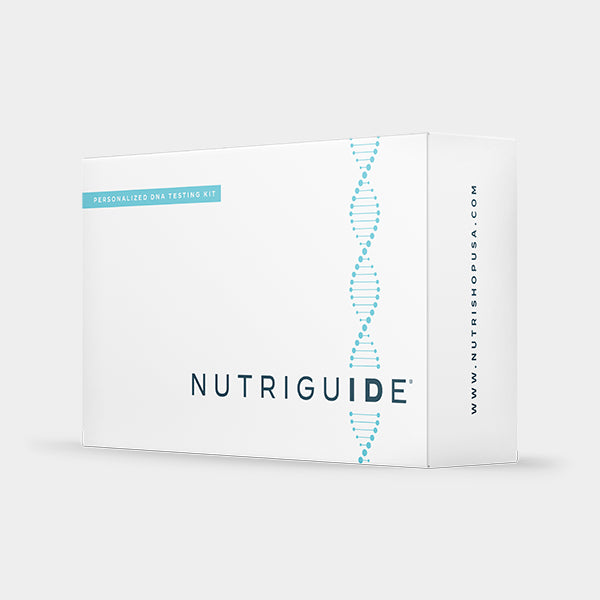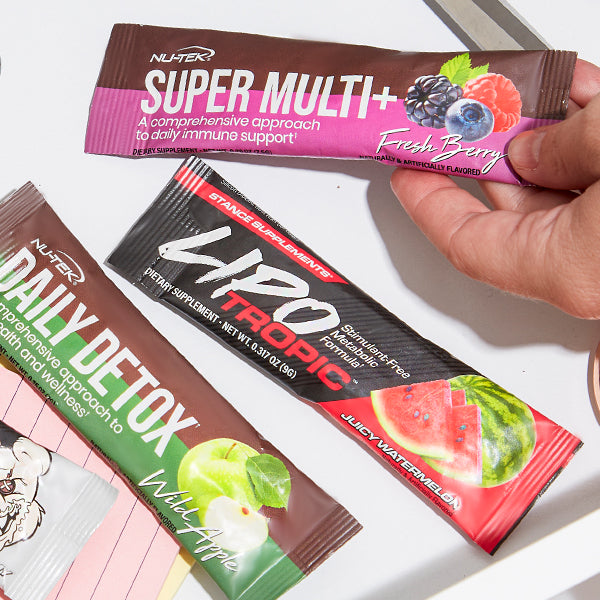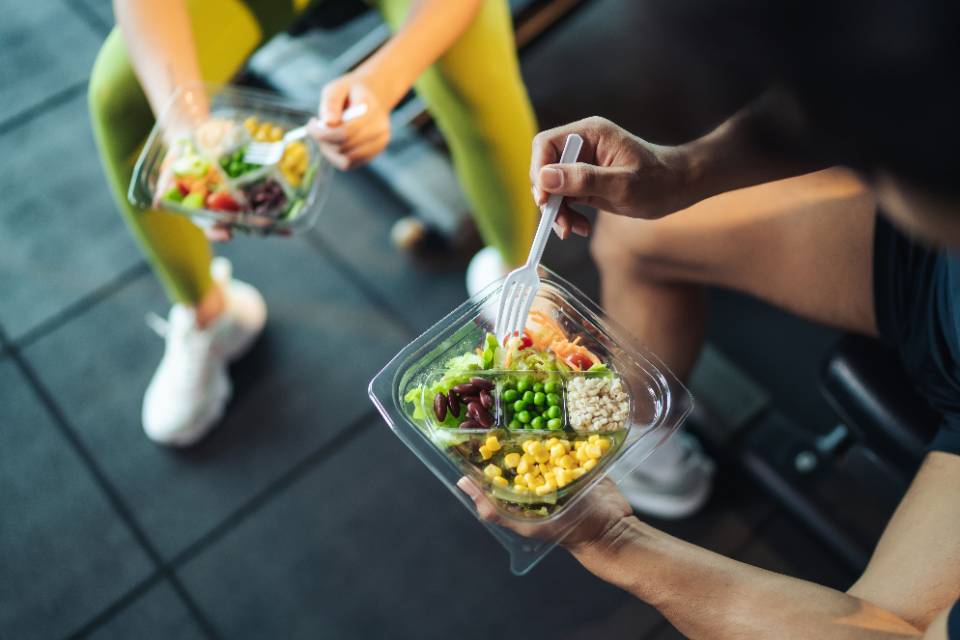If your goal for 2025 is to cut out or drastically reduce ultra-processed foods and focus on nutrient-dense whole foods and top-quality supplements instead, you’re in the right place. Modern farming practices may have diminished the nutrient quality of some foods, but with the right strategies—including whole foods, protein shakes, and key supplements—you can ensure your body gets the fuel it needs to thrive.
Here’s a straightforward guide to help you take some simple steps toward healthier eating habits.
1. Stock Your Kitchen with Whole Foods
Think fresh fruits, vegetables, lean proteins, whole grains, nuts, and seeds. Avoid stocking ultra-processed snacks or sugary drinks at home.
2. Start Small and Be Consistent
Swap one processed snack with a whole-food alternative each week. Celebrate small wins to keep motivated.
3. Plan and Prep Meals
Create a weekly meal plan featuring whole foods and balanced meals. Batch-cook grains, proteins, and roasted vegetables to have ready-to-eat options. If you need help with meal planning, stop by your local Nutrishop store and speak with an experienced professional.
4. Read Labels
Choose foods with short ingredient lists you can recognize. Avoid added sugars like high-fructose corn syrup, unhealthy fats like trans fat and palm oil, and artificial preservatives like BHA/BHT.
5. Incorporate More Protein
Include lean proteins like chicken, fish, eggs, tofu, and legumes into your meals. Consume high-protein snacks when you can or add a high-quality protein shake daily to supplement your intake.

6. Replace Processed Carbs with Whole Grains
Swap white rice, pasta, and bread with brown rice, quinoa, or whole-grain options.
7. Add Healthy Fats
Use olive oil, avocado, nuts, and seeds instead of processed oils or margarine. Avoid seed oils such as canola, sunflower or safflower.
8. Supplement Wisely
Consider adding the following options to support a healthy lifestyle:
- Multivitamin to cover basic nutritional gaps.
- Omega-3 fatty acids for brain and heart health.
- Probiotics for gut health.
- Vitamin D3 and Magnesium if deficient. (Note: Many Americans are deficient in both. You can get tested to confirm.)
9. Hydrate
Replace sugary drinks with water, herbal teas, or infused water with fruits and herbs.
10. Practice Portion Control
To avoid overeating, use smaller plates and pay attention to serving sizes. Also, chew slowly and drink a glass of water before you eat.
Final Thoughts
Eating healthier does not have to mean a complete lifestyle overhaul overnight. By making gradual changes—like swapping processed snacks for whole-food options, incorporating protein shakes, and supplementing wisely—you can build sustainable habits that support your health goals for 2025 and beyond.






